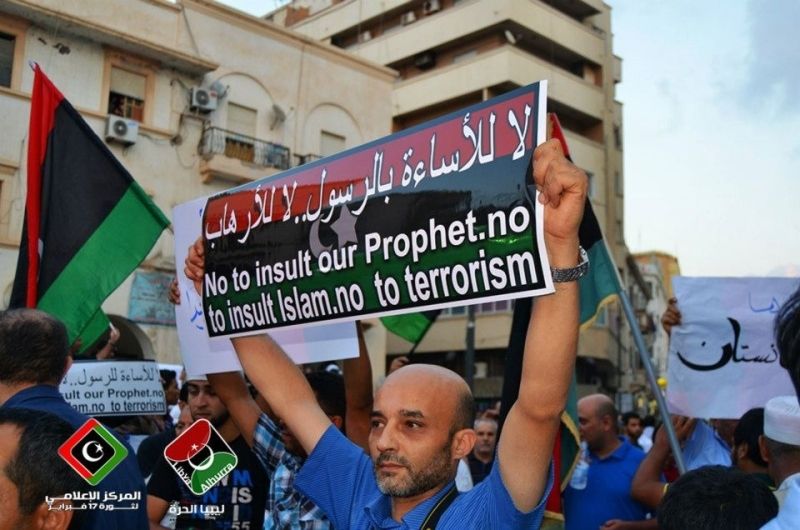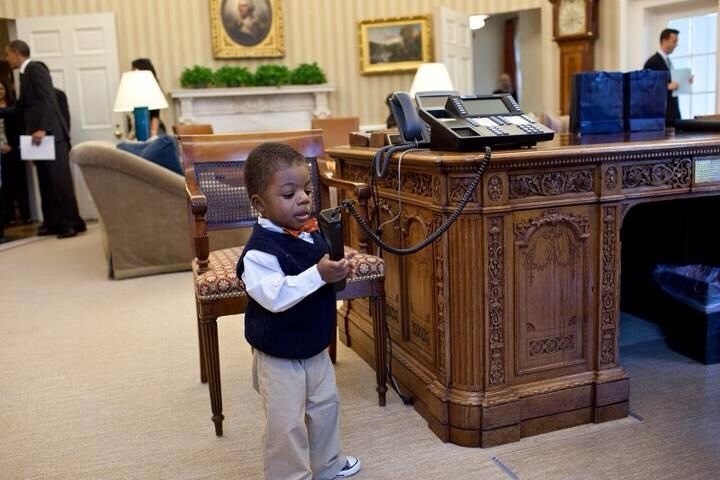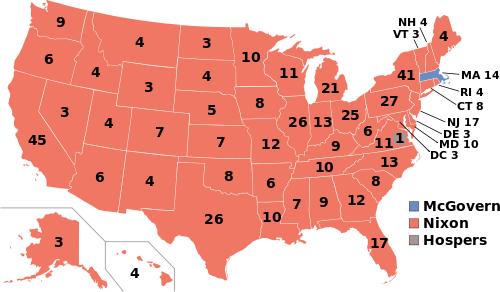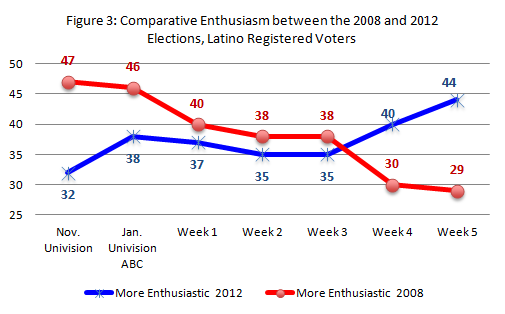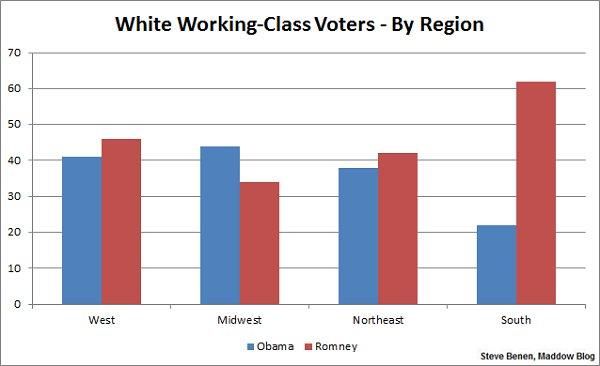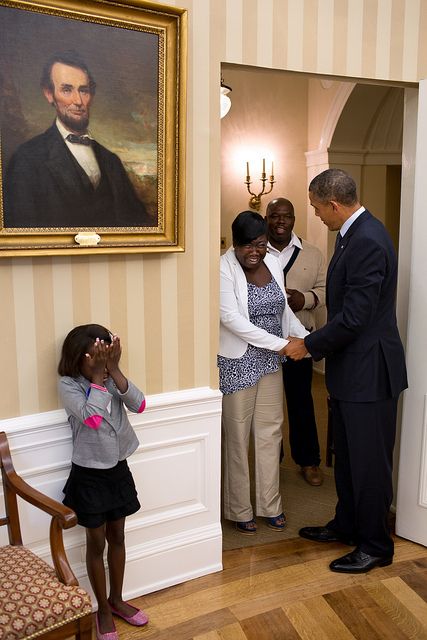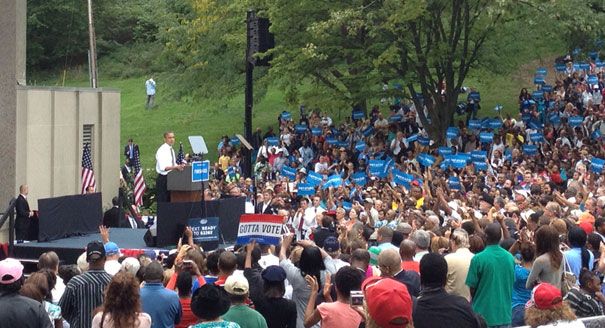When Americans were trying to understand 9/11, neocons in the Bush administration tried to convince us that we were under attack by Islamists because "they hate us for our freedoms." Of course it was a ridiculous attempt to gin up the anger and revenge so they could lie us into an unnecessary war.
But I'm hearing that same battle cry from too many people these days in response to current unrest in the countries of the Middle East and Northern Africa. In America we tend to value our freedom of speech over most any other constitutionally endowed right. And its clear that many Muslims in those parts of the world are angry that we allowed a citizen of this country to make a movie that is blasphemy to their religion. So do they really hate us for our freedoms?
This morning I let myself ponder that question. There are clearly some misunderstandings going on here. And rather than
simply manipulate those for our own political ends, I think it behooves us to try to understand where they're coming from.
Without having an open dialogue with those who are protesting, its difficult to do that. So I'm going to be reaching a bit. But I thought about my experience of working with families who are recent immigrants/refugees to this country. In these parts, we've experienced waves of that over the last 2 decades. Back in the late 80's and early 90's, they were mostly Southeast Asian (primarily Hmong) and more recently African (primarily Somali).
One of the things that struck me about this issue of "freedom" is that - while most of these immigrants were indeed attracted to freedom in this country - they had very different social, cultural and familial expectations of what that freedom should look like.
What I learned is that they had expectations of incredibly strong familial and communal bonds. Individual needs and desires are often rejected in favor of what is best for the greater good. In addition, they placed great amounts of trust and respect in leaders - be that parents in the home or authorities in the greater community.
As you might imagine, that last one comes up very often when dealing with a teenager that is wanting to express their "freedom" in the way that young people often do in this country. It is the quintessential battle for most first generation immigrant families to this country.
Over the years I've done a lot of thinking about why that is. One of the conclusions I've come to is that perhaps there is a different concept of mental health in different cultures. We tend to think someone is self-actualized when they have a strong
internal locus of control, whereas in many other cultures maturity is measured by the amount of fealty someone demonstrates towards their family/community.
It is in that context that I tend to view the anger these protesters are expressing about why the United States would allow the making and distribution of that atrocious film. They see this as a communal issue as much as an individual one.
I recognize that all this is probably an extremely over-simplied (and perhaps even mistaken) view of what undergirds this current conflict. But what I do know is that to assume that a uniquely American way of understanding freedom and to denigrate whole cultures when it comes into conflict with theirs is most likely another expression of white privilege (and it is very
white in nature, most communities of color in this country that are not recent immigrants place a stronger value on the communal as well).
As I've attempted to understand these differences in my own work with immigrant families, I find that each culture's view brings something to the table that is useful. As someone who had to break the bonds with unhealthy family traditions, I highly value this uniquely American idea of individualism. And yet when I look at the strong commitment to communal responsibility in other cultures, I see tremendous value in that as well. In other words, I think we all have a lot to learn from each other.
And I also think of the very pragmatic look at this kind of thing expressed by
Ta-Nehisi Coates when he reacted to Mitt Romney's clumsy denigration of the Palestinian culture.
When people invoke culture in the Romney manner, what they are really invoking is a scale by which humanity may be ranked from totally dysfunctional to totally awesome. The idea is that culture is a set of irrefutable best practices, when in fact it is more like a toolbox whose efficacy depends upon the job.
P.S. I feel the need to note that in talking about this I'm not suggesting that it explains or excuses the killing of anyone...ever. From what I've seen, most of those that are protesting would agree.
